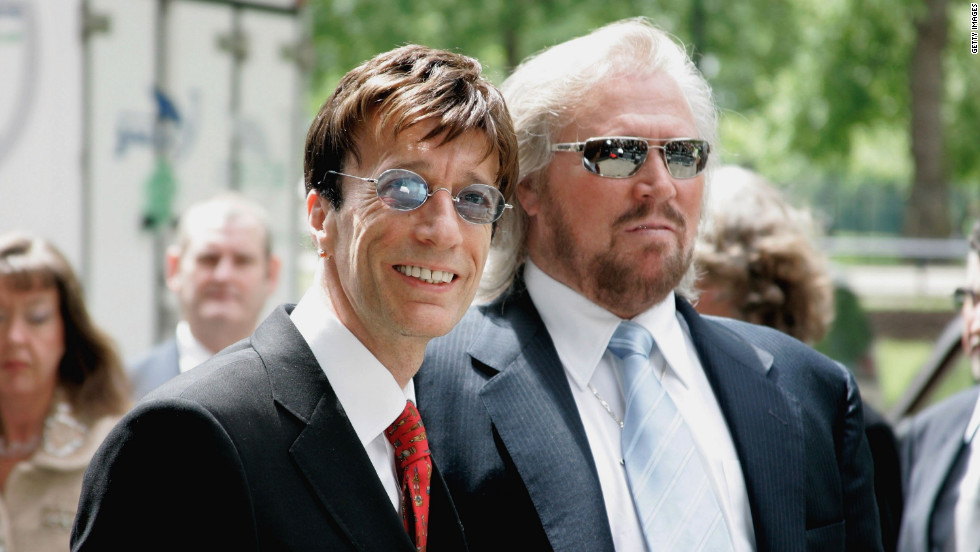
The ache of longing lingers longest when love is lost to silence.
Released in 1985 as the lead single from his third solo album, Walls Have Eyes, Robin Gibb’s poignant ballad “Like A Fool” offered a vulnerable and stirring expression of heartbreak at a time when the world was in flux—musically and emotionally. Though it did not chart in major markets like the U.S. or U.K., the song has since found a quiet reverence among devoted fans and collectors, standing as one of Gibb’s most emotionally incisive solo efforts. At once subtle and searing, “Like A Fool” captures the shattering isolation that follows the dissolution of love, crystallized in a synth-driven landscape emblematic of its era.
By 1985, Robin Gibb had already etched his name into pop music history as one-third of the legendary Bee Gees, whose seismic impact on disco and pop cannot be overstated. But his solo work—often more introspective, stripped of the Bee Gees’ layered harmonies and buoyant disco gloss—revealed a very different emotional palette. “Like A Fool”, co-written with his brother Maurice Gibb, represents one of those rare moments where melancholia is not just a theme, but the marrow of the composition itself.
Musically, the track leans heavily into mid-1980s production aesthetics: ethereal synthesizers, ambient keyboard textures, and a steady drum machine pulse that serves less as propulsion than as a rhythmic heartbeat echoing through an emotional void. Yet what sets it apart is Gibb’s vocal delivery—fragile, aching, stretched thin by regret. There’s a haunted quality in his voice, an unguarded plea that rises through lines like “So many lies were said and done / I never thought you’d be the one.” He doesn’t rage against loss; he submits to it.
Lyrically, “Like A Fool” traverses familiar territory—betrayal, disbelief, and self-recrimination—but with an elegance and sincerity that evade cliché. The narrator is not merely abandoned; he is undone by his own blindness, by having loved too deeply without discernment. The title itself is an indictment: not of the beloved who left, but of the speaker’s own emotional vulnerability. It’s not just about being fooled—it’s about willingly walking into love’s fire without armor.
Unlike many ballads from that decade which sought catharsis through key changes or soaring bridges, “Like A Fool” stays subdued, refusing dramatic climax in favor of slow-burning desolation. It lingers in minor chords and unresolved melodic tensions—mirroring how heartbreak often provides no clean conclusion. In this way, it foreshadows later adult contemporary introspections while retaining its synth-laden 80s soul.
While “Walls Have Eyes” did not enjoy commercial success and remains overlooked in broader retrospectives of the Gibb legacy, songs like “Like A Fool” endure precisely because they offer no easy answers. They speak to those hidden chapters we all carry—the quiet unravelings we rarely confess. In that space between sound and sorrow, Robin Gibb crafted something quietly devastating—a love song not for lovers, but for those left behind with only memory as their companion.
Such is the song’s quiet power: it does not shout its anguish—it lets it bleed slowly across four minutes of atmospheric melancholy. And in doing so, “Like A Fool” becomes more than just a track from a forgotten album—it becomes an elegy for every heart that ever waited for an apology that never came.